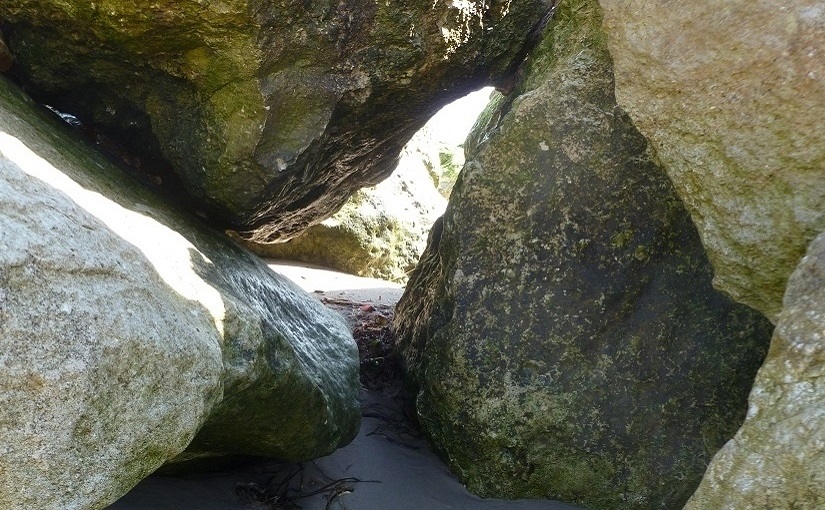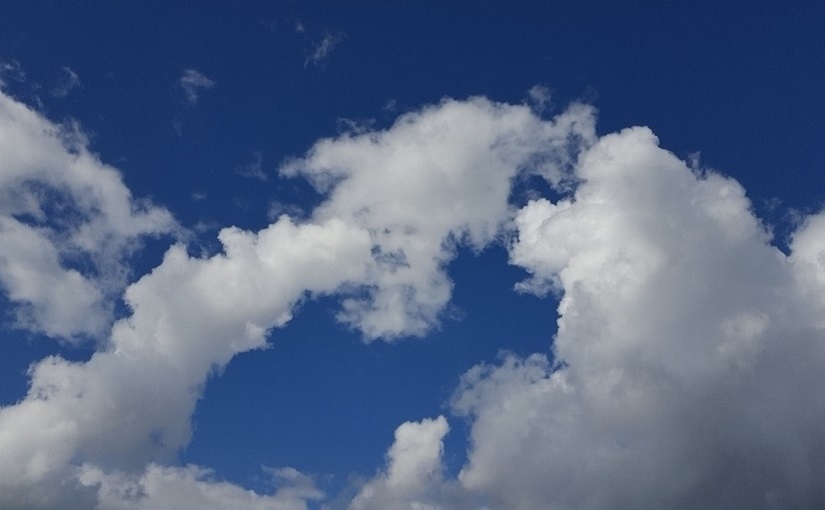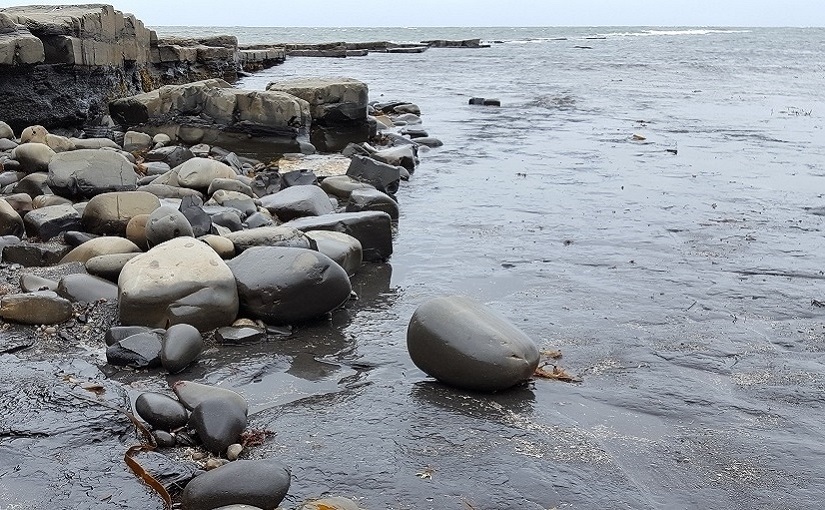Culture is such an all-encompassing term, drawing to itself things like art, music and drama as much as film, television and other modern day pursuits. There’s this whole body of human cultural life, then all that we’ve most recently placed around it. In looking more closely at that, how much do we value, treasure, or respect all it represents?
In terms of what culture brings to society, I’ve talked in various ways previously about the meanings it offers us (see Notes One). For me it’s about that sense of understanding contained within the stories we share, ways we perceive things, and how such ideas might serve us as individuals, consumers or citizens.
As humans, we’ve apparently always tended towards these representations of reality, thought or experience. The vast records of ideas, characters, cultural forms, practices, and how they shaped or interacted with societies or civilisations over the centuries are truly fascinating: this age-old pursuit of meaning and all the ways people sought to actively remind themselves of their place, their values, their past.
Then, in our day, we have this incredible opportunity to experience that whole wealth of culture – as much as is possible – while also quite freely developing our own forms to fit with modern life and hopefully sustain it in valuable ways.
I may come across as cynical or negative at times, but generally I just tend to see the riches that have been placed in our hands and have genuine concerns over how aware or intentional we are in what we’re doing. As explored in History as a process of changes, I get this sense of the weight of our inheritance and also the potential for modern society to overwhelm our capacities to respond wisely.
But then culture today also offers us many beautiful, valuable things (Notes Two). The options we now have to express ourselves truly, find our own place within the palette of human experience, and process life in the company of others are so varied and often worthwhile. The power activities or ideas have to unite people, lift us beyond ourselves, and inspire us with fresh perspectives is clearly undeniable.
And writing here around the theme of Culture, I’ve looked to books, film, blogs, podcasts and music, either drawing out specific ideas that seemed timely or contemplating what’s offered more generally through these forms. This opportunity to look to how others have experienced things and relate that to human society, past or present, seems an incredible resource (if a little daunting, given the volume of content we’re now accumulating).
With all that, I just get the feeling that culture really matters in so many ways. Looking to the past, the ideas we held and ways people have sought to grapple with the concerns of their time then present that in different forms for the consideration of others is such an intriguing, powerful and important human activity. In all the noise of modern life, trusting in the power of ideas and experiences hopefully isn’t misplaced.
Notes and References:
Note 1: Culture, art & human activity
Note 1: Culture and the passing of time
Note 1: Missing something with modern culture?
Note 1: How many aren’t well represented?
Note 1: Culture selling us meaning
Note 2: What do we see in beauty?
Note 2: Fashion, self & environment
Note 2: Romance, love & the movies
Note 2: We may as well laugh
Looking to how society as a whole operates, Economy & Humanity considered ways meaning serves us in that context.










